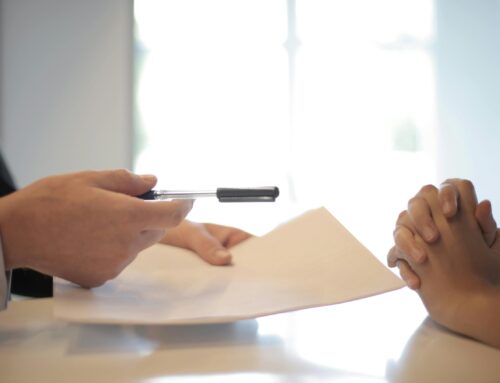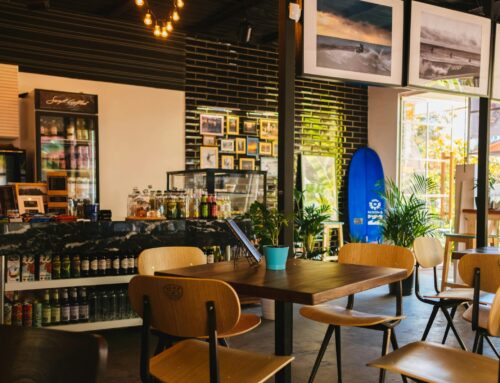One of the hardest hit sectors during COVID has been the restaurant industry. While many have had to close their doors, others have had to cut back on staff and reinvent how they run daily operations. the changing guidelines and temporary orders from governors, it has all been hard to follow. Even though many restaurant owners are worried about their bottom line if they do not open, there is also the question of opening and having liability.
Questions of Liability
The main concern for restaurants is how liable they are when it comes to customers. Owners are concerned about what will happen if they open and have cases of COVID linked to their restaurant.
Some states have passed legislation on COVID in the hospitality industry. These guidelines are intended to let different types of restaurants operate but do not address the question of liability. The main questions about liability are:
- What if patrons become sick at the restaurant?
- What if employees get sick?
- What if someone dies from COVID-19 after getting it at the restaurant?
Navigating this unknown territory is leaving a lot of restaurant owners feeling anxious. No one wants to be left open to a lawsuit for actions that are largely out of their hands.
The answer to who is at fault is no easier. Each situation will be different, so there is no right or wrong answer to these questions. Restaurants are depending a lot on diners being honorable and not coming in if they are sick. However, many people are symptom-free while still contagious.
How to Stay Safe
States have released guidelines for restaurants to open. Some have given the green light to only have take-out while others can have indoor seating. If companies are not compliant with the state, they can be fined or shut down. For many owners, they worry about staying within the guidelines. There are many factors to consider, including:
- Face masks (and how they are worn)
- Social distancing
- Capacity limits
- Contact tracing abilities
- Posted signage listing guidelines
A lot of the landscape for liability revolves around legislation. It is varied on how much companies are expected to do and how much is reliant on customer compliance. Each of these criteria work together to make decisions on liability.
Typically, the basis for a liability case include:
- Gross negligence
- Willful misconduct
- Failure to make a reasonable attempt to apply public health recommendations
Restaurants who want to stay open and keep their restaurant insurance do their best to work within the general guidelines.
When a restaurant is keeping all the regulations and doing their job, they will have some protection from lawsuits. No legislation has been approved that gives complete immunity to lawsuits or liability, but they do make it more difficult to file a claim.
Resources for Restaurant Owners
There are constant changes being made to regulations on restaurants. It can be overwhelming to keep up with it all. Some states have passed laws that protect businesses while others are in the process of making decisions on what is allowed.
For instance, Ohio has a proposed law that gives comprehensive coverage to businesses unless there was clear blame. If a business is intentionally not following guidelines or engaging in reckless conduct, they are still open for liability.
Arkansas and Alabama have protections that will last through the end of the pandemic. Georgia says there are only protections for restaurants if warning signs with exact language is posted. Other states are open to employees filing claims with workers’ compensation but not a civil suit against their employer.
Since every state has had different restrictions and compliance rules to adhere to, it can become more complicated for restaurants with multiple locations in multiple states. Without national guidelines, restaurants are responsible to know what each state requires and set up the location accordingly.
To help restaurant owners know what the current guidelines are for their state, there are some quick resources. The first is your state health department. Review their website for updated guidelines at least weekly. Sign up for email updates if they are offered. If you operate in multiple states, be sure to check each state’s website regularly.
Another great resource is restaurant.org. They have a page for COVID-19 advocacy that helps restaurants revive their businesses and know their rights.
Lastly, check with your general liability insurance company. They should be up to date on guidelines and answer questions on your coverage. If there are any gaps in what legislation protects restaurants from and what your restaurant insurance policy covers, you should know. It is important that restaurants serve their customer and be protected.




